Tea has so many health benefits. It's full of antioxidants, can help boost your immune system, and is even linked to a lower risk of heart disease. But let's be honest—sometimes tea can taste pretty bitter.
If you're struggling to make your tea taste good, don't give up just yet! (And PLEASE don't resort to teas loaded with artificial ingredients!)
With a little bit of creativity, you can find a way to make even the most bitter tea taste delicious. Give one (or all) of these methods a try next time you brew up a pot.
Soon-To-Be-Added Flavors:
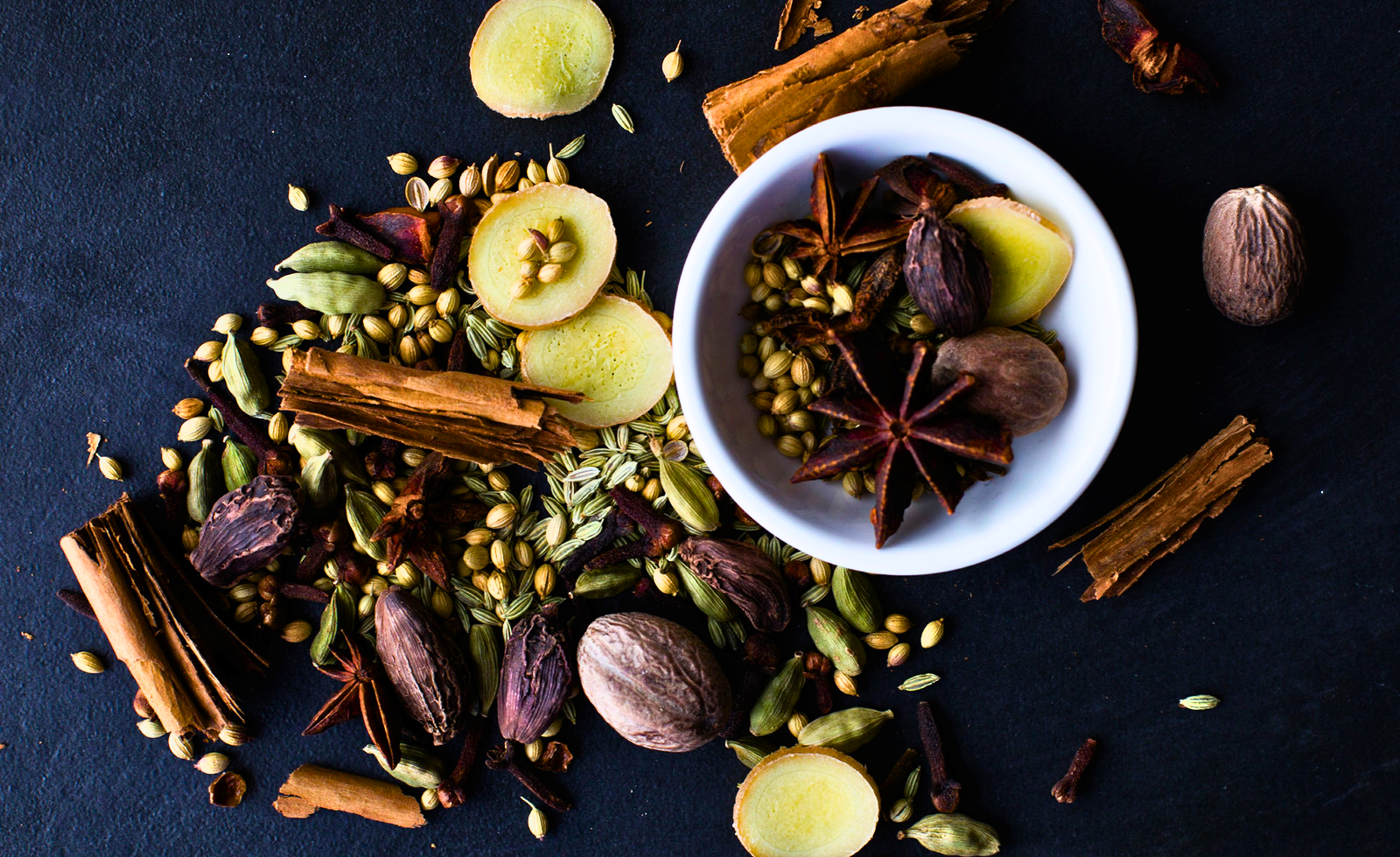
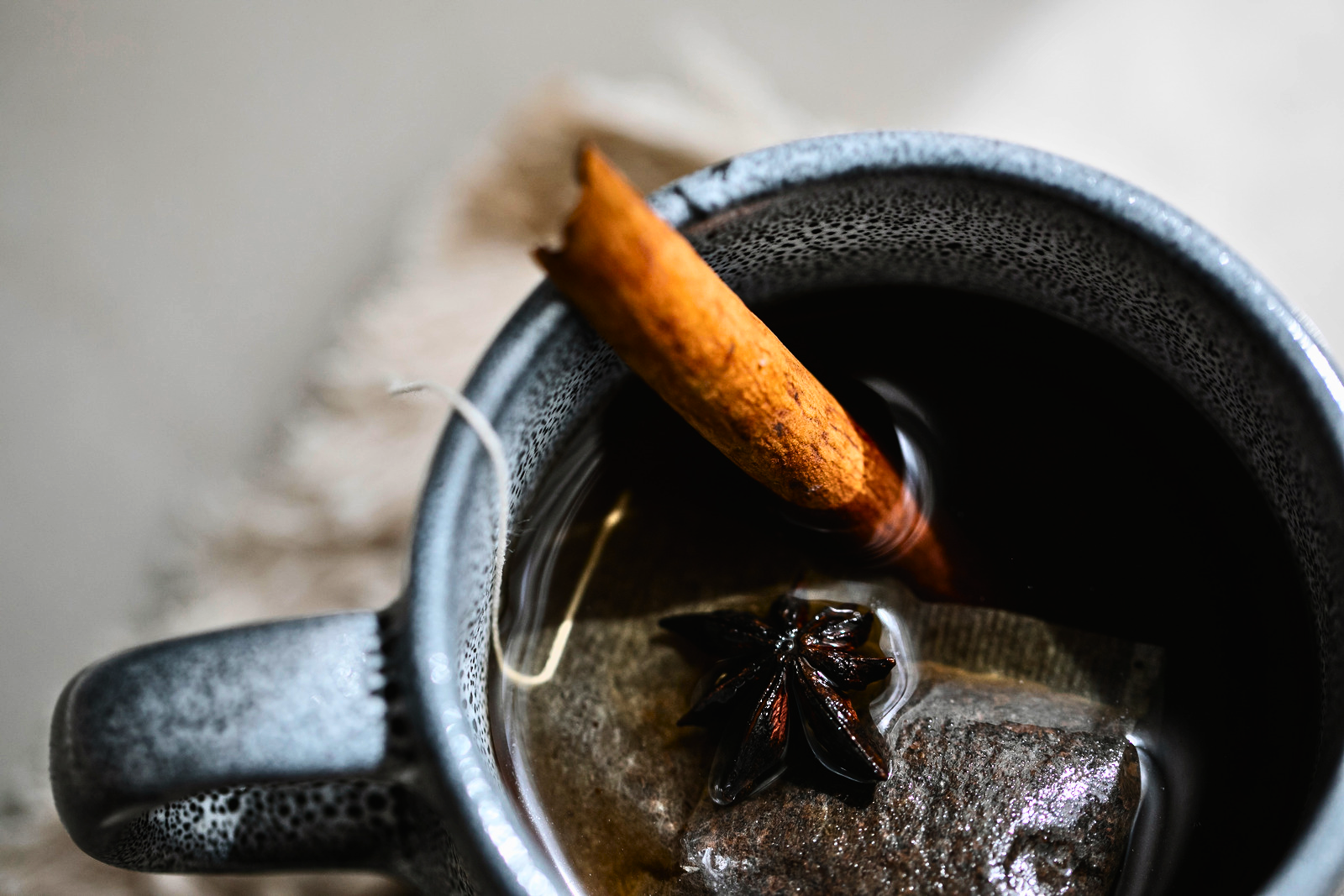
SPICES
If you're someone who can't stand the taste of plain tea, I have some good news for you. There are a ton of delicious spices that can be added to tea to give it some flavor and personality—and each one comes with its own set of health benefits. So, if you're looking for a way to make your tea more palatable and improve your health at the same time, read on!
Cinnamon
Cinnamon has been shown to help regulate blood sugar levels, making it ideal for diabetics or those wanting to avoid spikes in their blood sugar. Cinnamon is also great for boosting cognitive function and has even been shown to reduce inflammation throughout the body. Simply add a few sticks of cinnamon to your teapot when brewing a pot of tea or add a pinch of ground cinnamon to your cup.
Cardamom
Cardamom has long been used in ayurvedic medicine to help with digestive issues like nausea, vomiting, and gas. It's also been shown to be effective in treating bad breath. To make cardamom tea, simply add a few pods of cardamom to your teapot when brewing tea or steep a teaspoon of ground cardamom along with your tea bag or leaves.
Cloves
Cloves have traditionally been used as a remedy for nausea and upset stomach. They're also rich in antioxidants and have anti-inflammatory properties. To make clove tea, simply add a few whole cloves to your teapot when brewing tea or steep a teaspoon of ground cloves along with your tea bag or leaves.
Ginger
Ginger is well-known for its ability to settle the stomach and relieve nausea. It's also helpful in relieving pain from conditions like arthritis. To make ginger tea, slice up a piece of fresh ginger root and add it to your teapot when brewing tea or steep a teaspoon of ground ginger along with your tea bag or leaves. You can also buy candied ginger slices at most grocery stores and use those instead.
Nutmeg
Nutmeg has long been used as an herbal remedy for digestive issues like nausea, gas, bloating, and even diarrhea. It's also thought to boost cognitive function and improve circulation. To make nutmeg tea, grate fresh nutmeg over your cup of brewed tea or steep a teaspoon of ground nutmeg along with your tea bag or leaves.
Vanilla Bean
Vanilla bean is not only deliciously sweet but it's also rich in antioxidants that can help protect cells from damage. Vanilla bean can be added directly to your cup of brewed tea or you can steep a vanilla bean pod along with your tea bag or leaves. Or for something really special, try making chai latte by adding milk and sweetener (honey works well) along with some spices like the ones above, and then finish it off with vanilla bean paste or extract!
So there you have it—a few good reasons to start spicing up your tea. Not only will it make it more palatable, but it could also provide some valuable health benefits. So next time you begrudgingly reach for a cup of tea, remember that you could be just one spice away from a far more enjoyable experience.
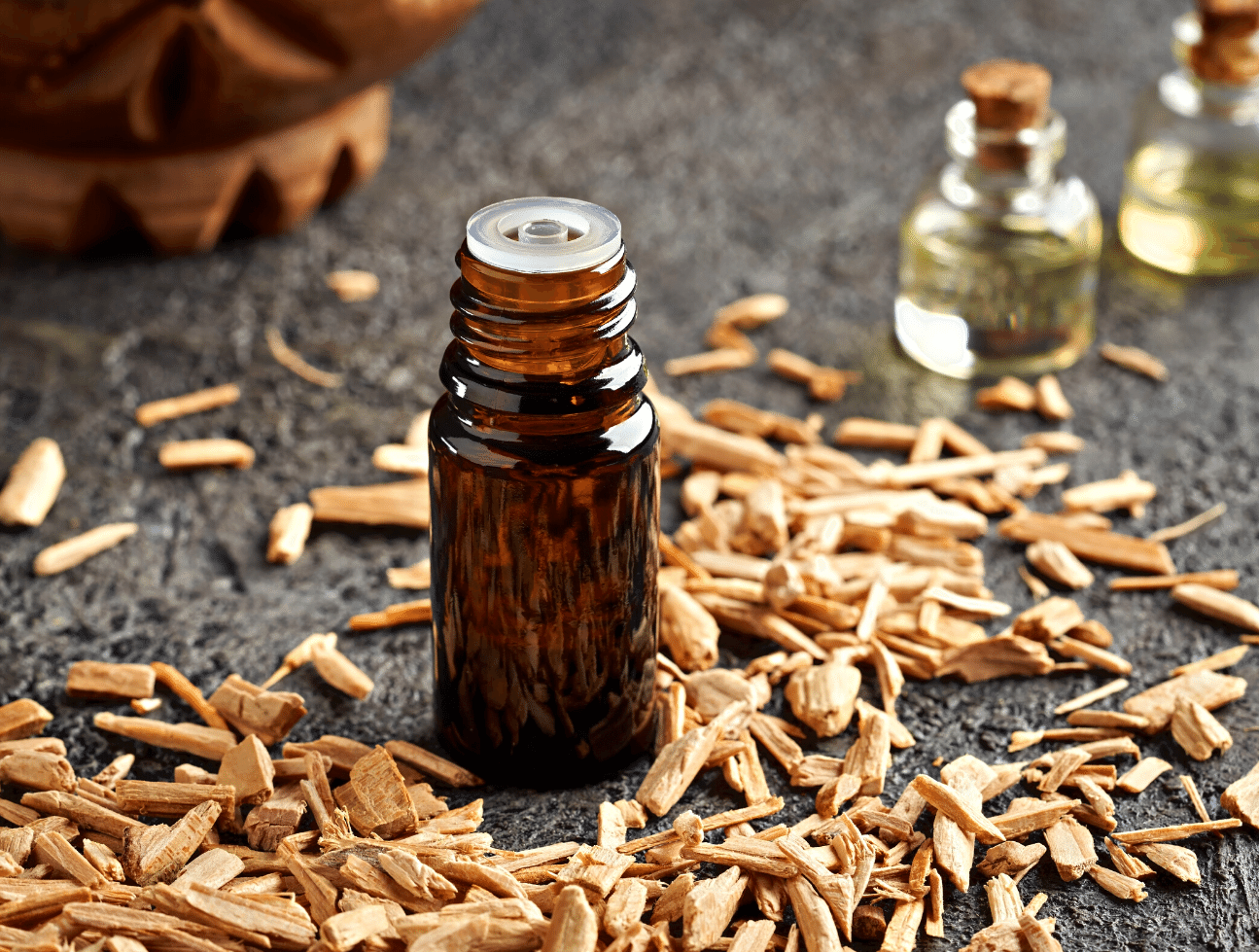
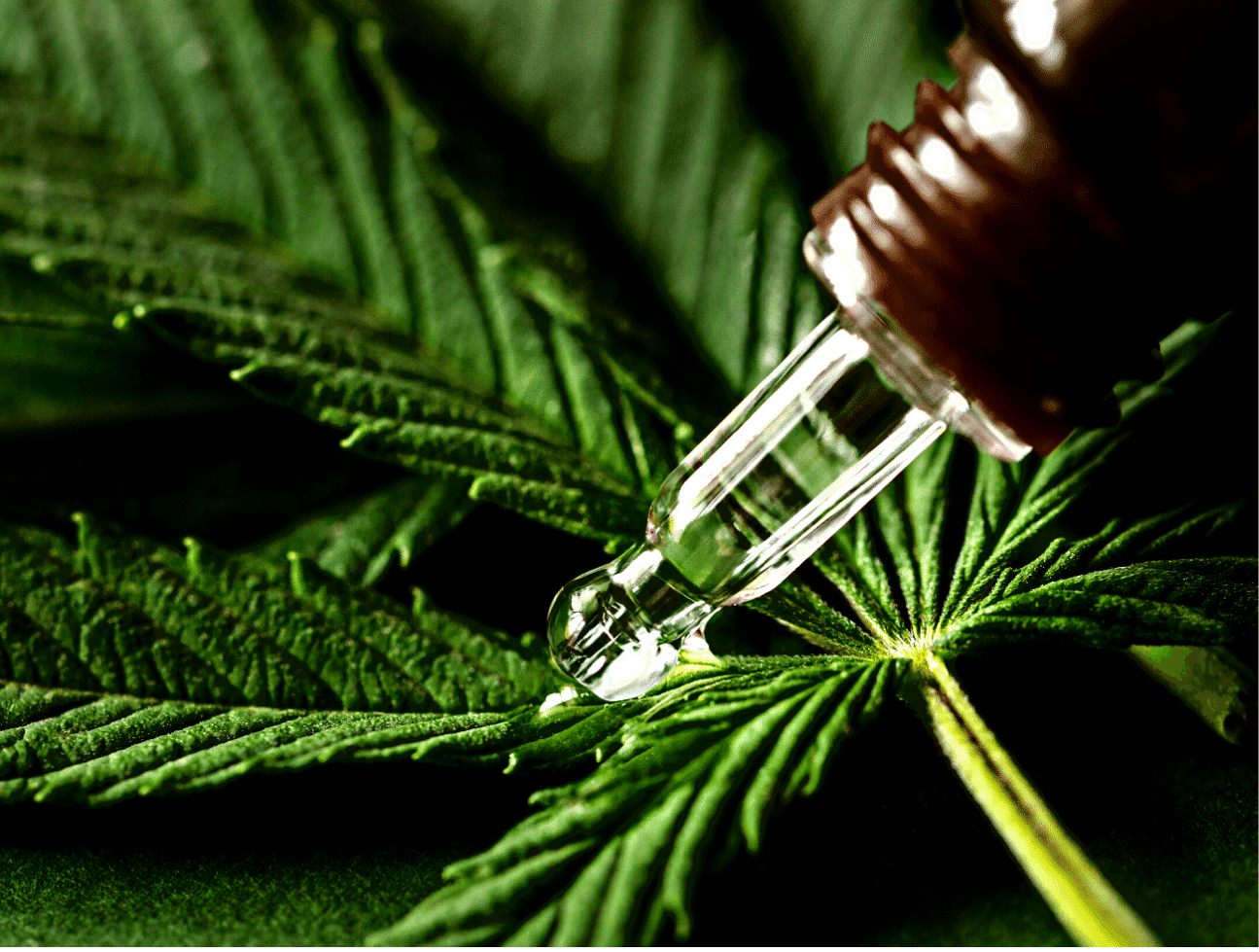
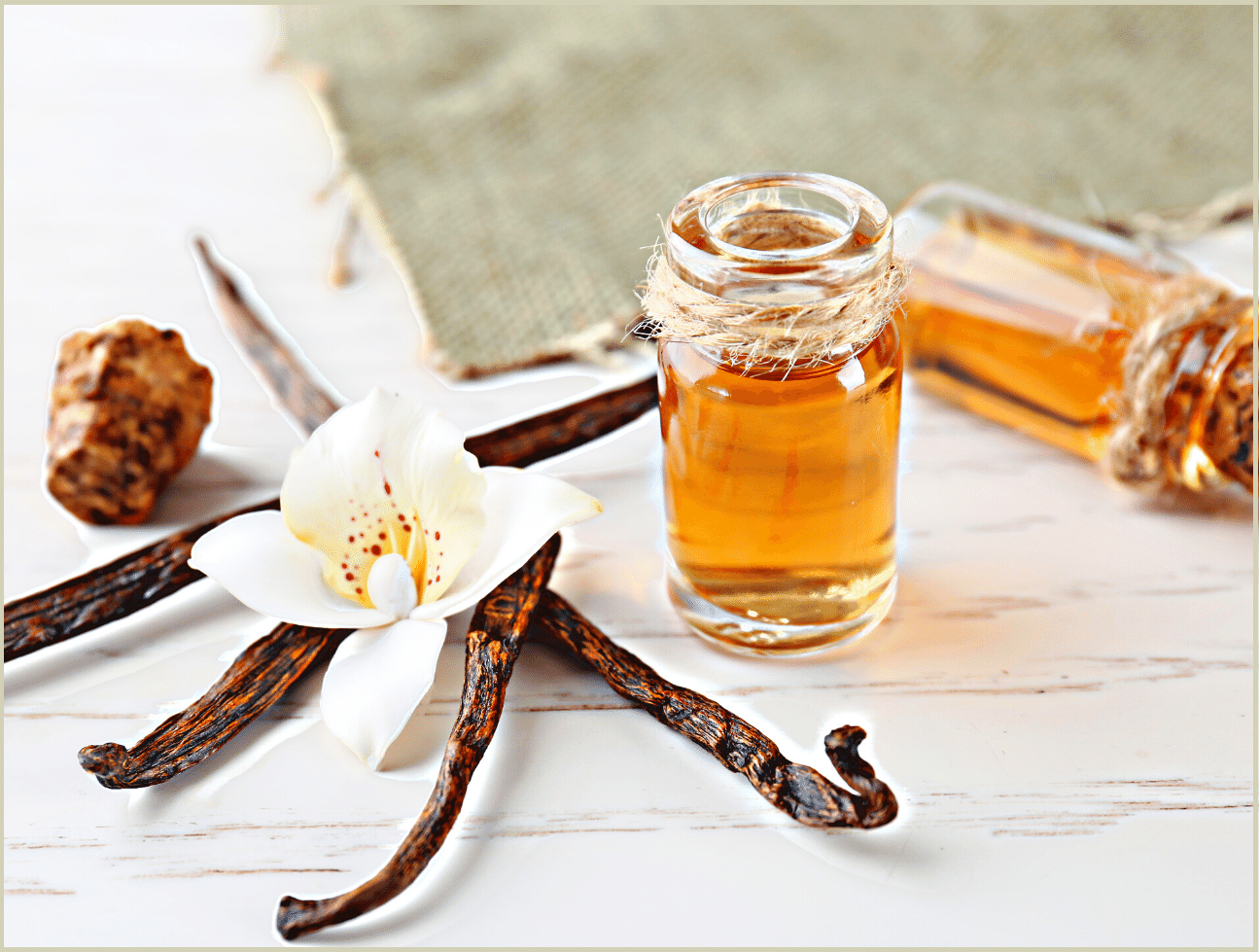
FLAVOR EXTRACTS
The great thing about using flavor extracts is that they're completely calorie-free, so you don't have to worry about them affecting your diet. Plus, they're super easy to use - just add a few drops to your cup of tea and voila! Instant transformation!
But which extract should you use? Well, that depends on what type of tea you're drinking and what kind of flavor you're looking for. Here are a few suggestions:
Black tea pairs well with fruity extracts like raspberry, strawberry, or peach, but you can also go for a spicier extract like ginger or cinnamon. Whatever flavoring you choose, start with just a few drops and add more until it reaches the desired level of flavor.
Green tea pairs well with most fruit extracts, but I particularly like using lemon or lime. Spicy extracts can also be used in green tea, but you'll have to play around with it and start slowly as they can be overwhelming.
Herbal teas, in my humble opinion, are best when left unadulterated as the natural flavors are usually pretty pleasant on their own. However, if you're reading, this I know it's QUITE likely you may not agree...
So, if you feel like your herbal tea could use a little boost, add a drop or two of peppermint or spearmint extract. Trust me, it makes a world of difference. No matter what your preference is, there's definitely an extract out there that will help you enjoy your cup of tea.
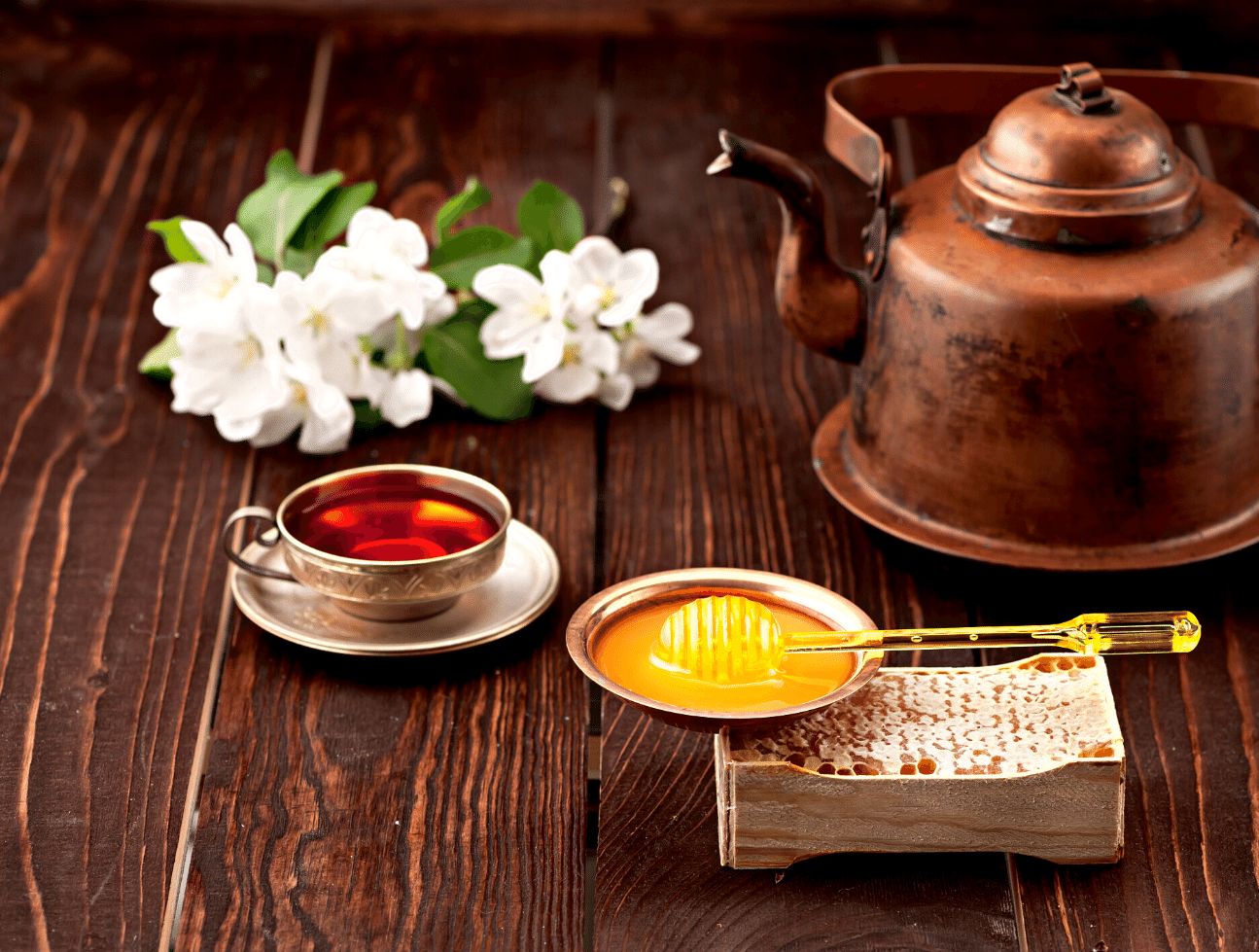
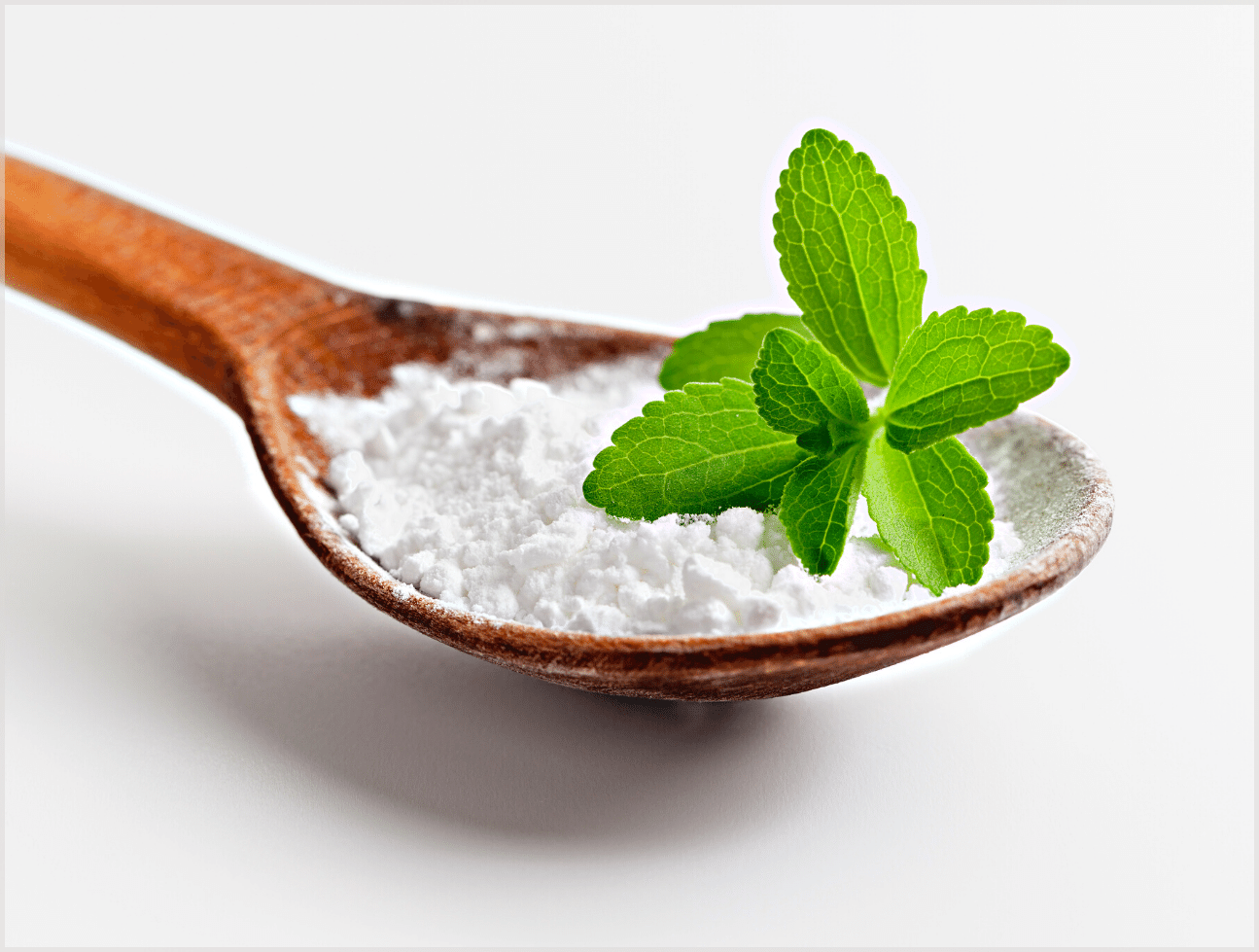
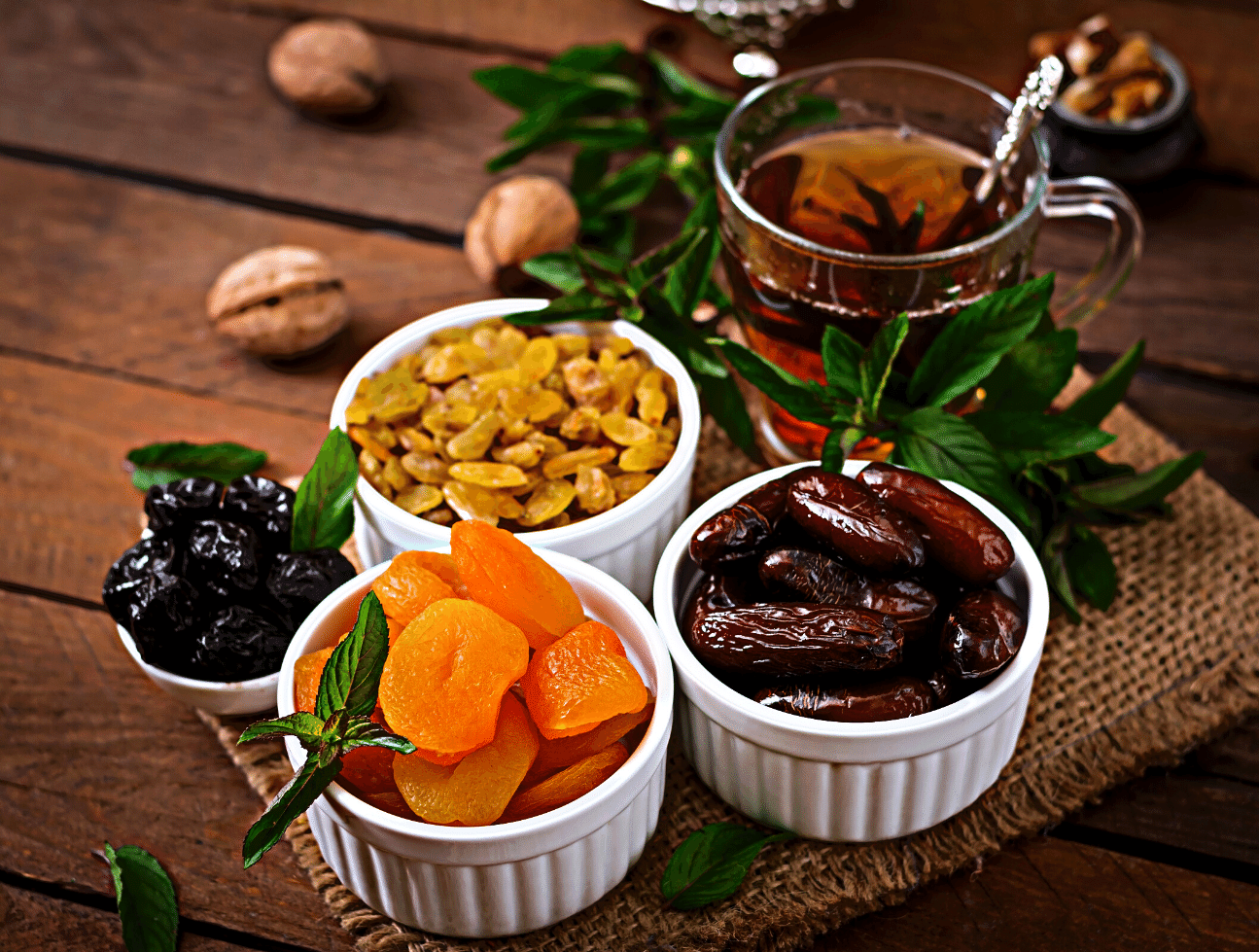
SWEETENERS
There are many different options for adding a little sweetness to tea while still reaping the health benefits that different types of tea have to offer.
And trust me, as someone with a ragoptions for sweetening tea without sacrificing health benefits.
Honey is a great option for sweetening tea because it has antibacterial and antifungal properties. It also has antioxidants, which help remove free radicals from the body. Free radicals are unstable molecules that can damage cells, leading to inflammation. Honey also has amino acids, which are the building blocks of protein.
Maple syrup is another great option for sweetening tea. Like honey, maple syrup contains antioxidants and amino acids. Maple syrup also contains calcium, potassium, and zinc.
Molasses is a by-product of sugar production and is made from sugar cane or sugar beets. It is a good source of iron and copper.
Date syrup is made from dates and is a good source of vitamins B6 and C.
Tagatose is a type of sugar that occurs naturally in some fruits and dairy products. It has fewer calories than other types of sugar and does not cause spikes in blood sugar levels.
Stevia is a plant-based sweetener that does not contain calories. Stevia drops are also a great alternative to white sugar.
Xylitol is a type of alcohol that occurs naturally in plants. Xylitol has fewer calories than other types of sugar and does not cause spikes in blood sugar levels or contribute to tooth decay.
Erythritol is a type of alcohol that occurs naturally in certain fruits and vegetables. Like xylitol, erythitol has fewer calories than other types of sugar and does not cause spikes in blood sugar levels.
Fresh Or Dried Fruit to give it a- spoiler alert!- fruit flavor is yet another great option for up-leveling your hot tea! Fresh or frozen fruits such as strawberries, raspberries, blueberries, and blackberries are all great choices. You can also try dried fruits such as raisins, apricots, and cranberries. Just add a few pieces of fruit to your cup of tea and enjoy!
As you can see, there are many different alternatives to white sugar that you can use to sweeten your tea. Each one has its own unique set of health benefits that make it a better choice vs white sugar. So that you know... the world is your oyster!
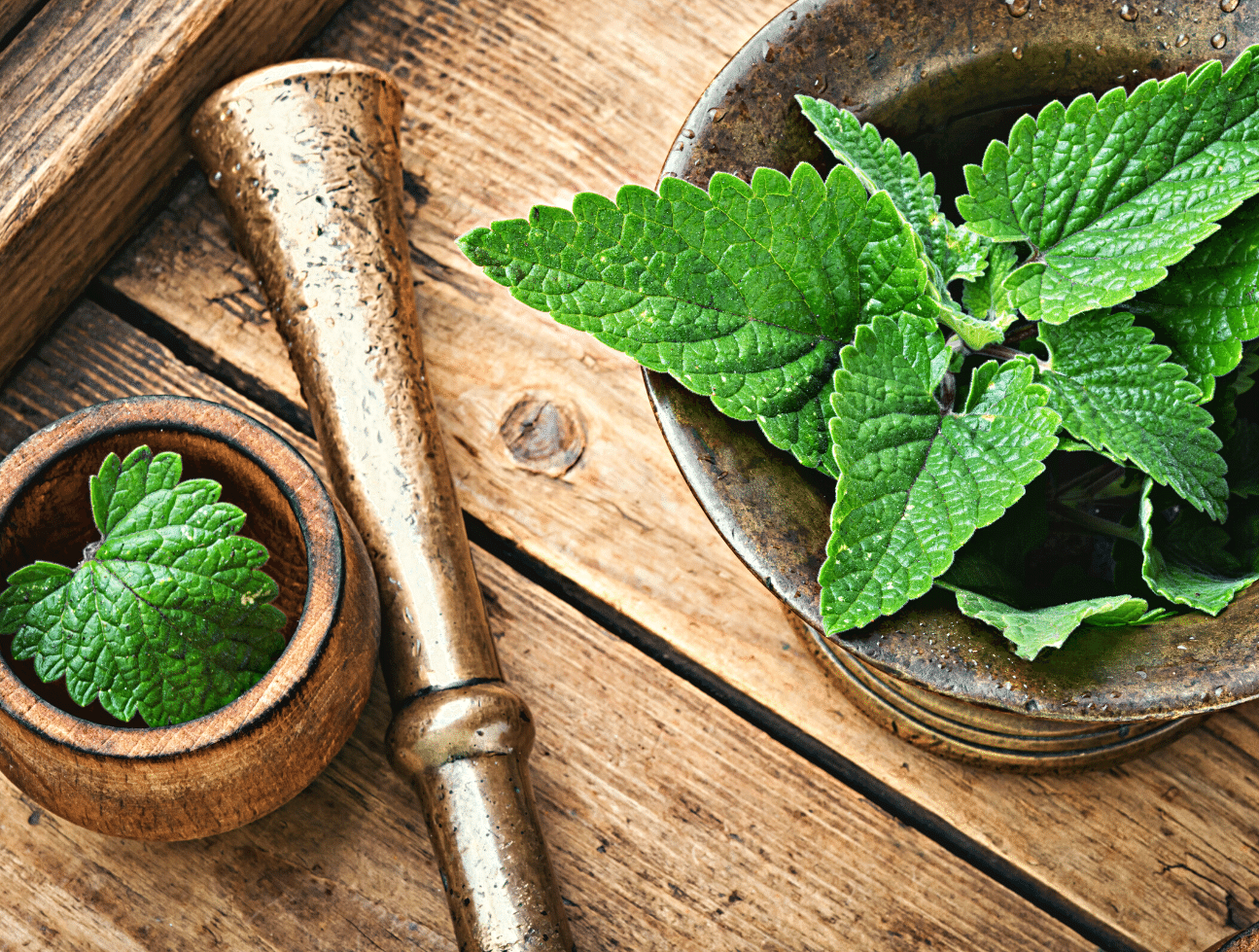
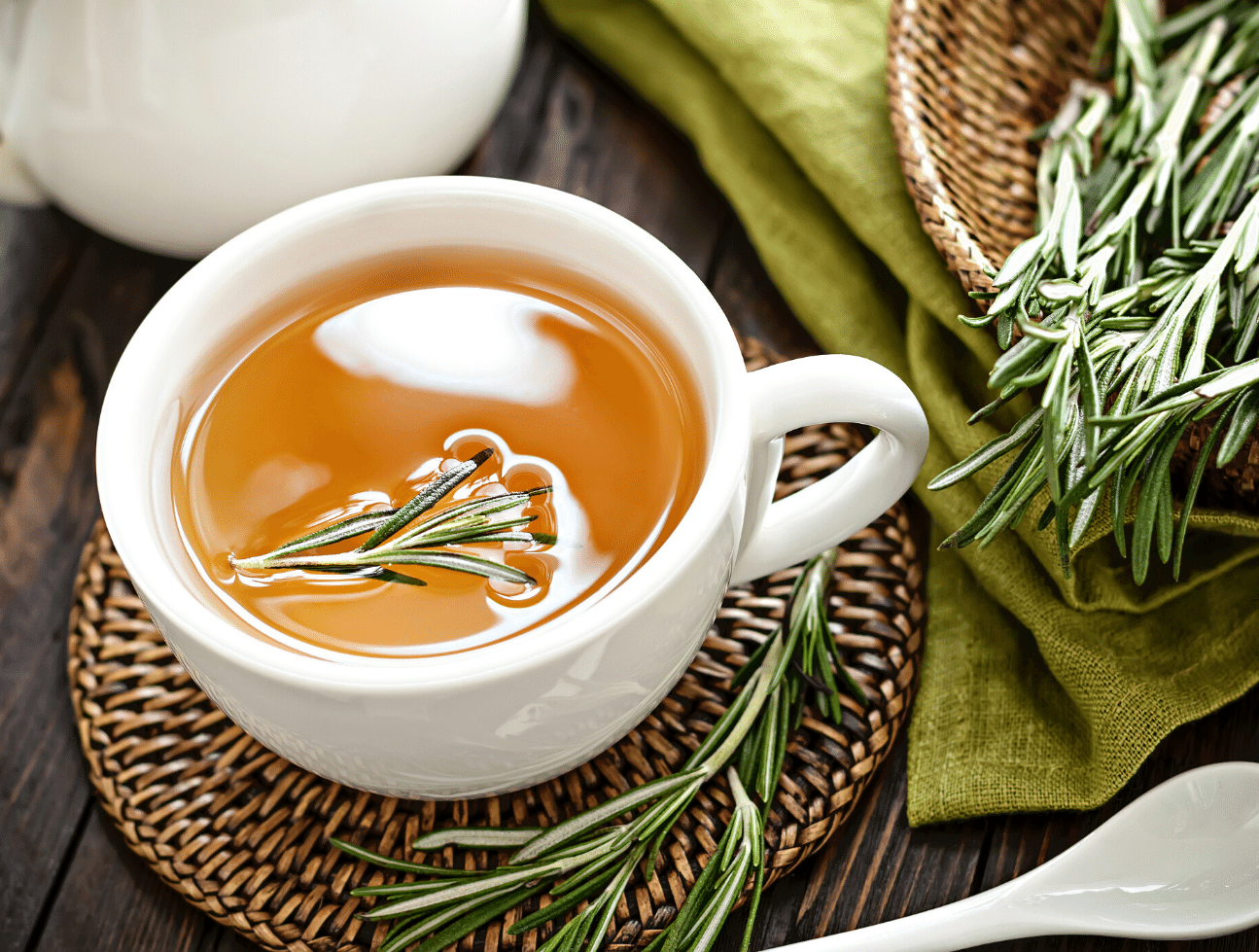
HERBS
If you don't like the taste of tea, there's no need to force yourself to drink it just for the health benefits. There are plenty of ways to make tea more palatable—adding herbs in with your tea leaves or tea bags is just one of them! Not only do herbs add flavor to your tea, but they also come with their own unique set of health benefits. Check it out!
Lemon Balm
Lemon balm is a perennial herb in the mint family that's native to Europe and Asia. It's often used as a flavoring agent in food and drink, but it also has some powerful medicinal properties. Lemon balm is thought to have calming and soothing effects and is commonly used to treat anxiety, insomnia, and indigestion.
Sage
Sage is another herb in the mint family that has a long history of culinary and medicinal use. Sage is thought to improve cognitive function and memory and has even been shown to offer protection against Alzheimer's disease and dementia. Additionally, sage can help relieve symptoms of depression and anxiety.
Peppermint
Peppermint is a hybrid plant that's a cross between water mint and spearmint. It's widely used as a flavoring agent in food and beverages but also has a number of potential health benefits.
Peppermint is thought to improve digestion, relieve muscle pain, and reduce inflammation. Additionally, peppermint has antibacterial and antiviral properties which make it an excellent choice for treating colds and flu.
Jasmine
Jasmine is a flowering plant that's native to tropical and subtropical regions of the world. Jasmine teas are popular beverages, but, fun fact: jasmine blossoms can also be used in aromatherapy and have a number of potential health benefits.
Jasmine is thought to boost mood, reduce anxiety, and promote relaxation. Additionally, jasmine has antimicrobial and anti-inflammatory properties which make it an excellent choice for treating wounds and skin conditions.
Rosemary
Rosemary is a perennial herb that's native to the Mediterranean region. It's commonly used as a flavoring agent in food, but it also has a number of potential health benefits.
Rosemary is thought to improve cognitive function and memory and has even been shown to offer protection against Alzheimer's disease and dementia. Additionally, rosemary can help relieve symptoms of depression and anxiety.
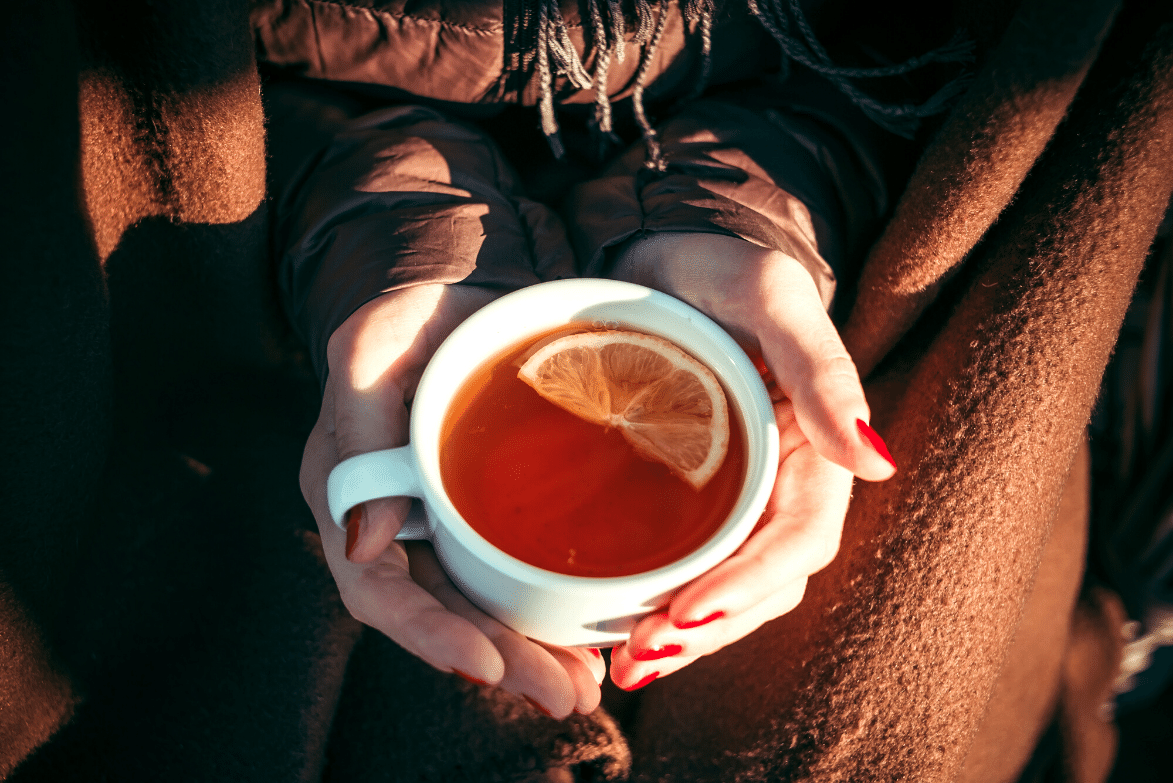
Flavored Tea Recap!
As you can see, when it comes to flavoring for tea, the ways in which to add flavors are truly vast. Green tea, black tea, herbal teas-no matter what you're into (or, in your current state, NOT into...)- it would be a shame if you forfeited the health benefits you're seeking and let your gag reflex win.
And now that I've shared a TON of ways to make flavored tea that have NOTHING to do with artificial flavors, that just ain't happening! These all-natural ingredients are SURE to change it up so you're able to get it down... withOUT gagging every "sip" of the way!
And remember- the health benefits of tea are essential, so don't be afraid to experiment with adding flavors until you find one that works for you!
FAQ's
What are the best-flavored teas for someone who doesn't like tea?
There are a lot of great flavored teas out there for people who don't like regular tea. My favorite flavored tea is chai, which has a delicious mix of spices that really transforms the flavor of tea.
Another great option is chamomile, which has a sweet and floral flavor that can be enjoyed by almost anyone. And if you're looking for something a little sweeter, there are plenty of fruity and dessert-inspired teas to choose from. With so many options available, there's sure to be a flavored tea that everyone will love!
How do you make iced tea with loose-leaf tea?
To make iced tea with loose leaf tea, it really a simple process!
You'll Need:
-A teapot or teacup
-A strainer
-A pitcher or glass
-Loose-leaf tea
Instructions:
1. Bring water to a boil.
2. Add 1 tsp of loose-leaf tea per cup of hot water.
3. Steep for 3 minutes and then strain out the leaves.
4. Pour brewed tea into a pitcher or glasses filled with ice cubes.
5. Add sweetener, or any other flavor options from above if desired.
6. Serve immediately!








